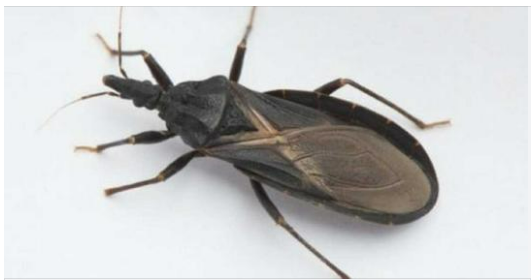Unwanted Summertime Guests: The Rise of Assassin Bugs
Introduction
Summertime brings not only sunny days but also the resurgence of various pests like ticks, mosquitoes, and now, the assassin bug. Despite its relatively unknown status, the assassin bug’s population is increasing, and its bite can pose serious health risks. Understanding this insect is crucial for dealing with potential bites effectively.
The Nature of Assassin Bugs
Assassin bugs, also known as “kissing bugs,” share similarities with other blood-feeding insects. They feed on human and animal blood and often defecate at the bite site, transferring parasites that can cause Chagas disease. This illness can have varying symptoms and, in severe cases, may lead to death. Protecting oneself from assassin bugs becomes essential to prevent Chagas disease transmission.
Habitat and Prevention
These bugs are prevalent across much of the United States, with a higher concentration in Southern states. They are commonly found in gardens, under porches, and occasionally inside homes. Regularly cleaning up debris, both plant-based and otherwise, can help deter assassin bugs from infesting your living space.

Symptoms and Early Detection
Chagas disease symptoms range from headaches, fever, and rashes to fatigue and vomiting. However, many infected individuals may not display noticeable symptoms, leading to the disease’s progression, potentially affecting the heart. Prompt medical attention is crucial if bitten by an assassin bug. Blood tests can aid in early detection, facilitating easier treatment.

Vigilance and Awareness
The presence of assassin bugs shouldn’t confine us indoors; rather, it underscores the importance of being vigilant and informed. Understanding the risks associated with these insects enables better protection for oneself, family, and pets. With knowledge about assassin bugs, we can navigate summertime outdoors more safely and confidently.
